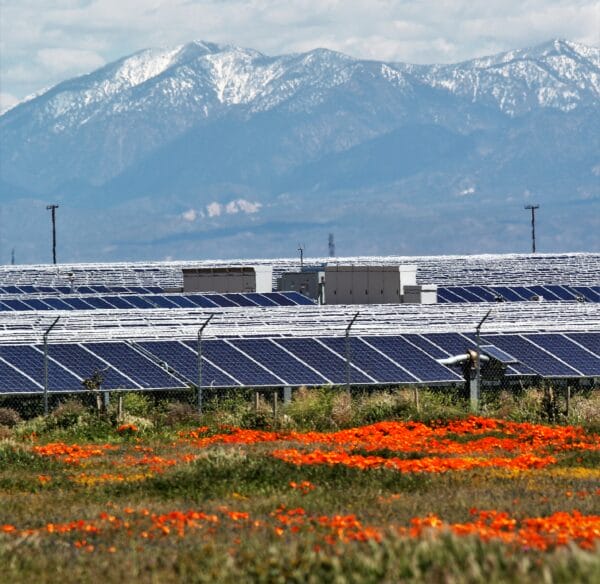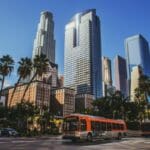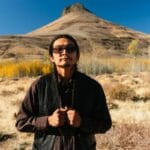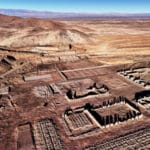

Subscribe to EcoJustice Radio:
Cutting Through the Red Tape: On Permitting Reform
The transition from a fossil-fuel economy to a clean-energy economy is going to require the United States to build a lot of solar, wind, geothermal, energy storage and transmission and distribution systems as soon as possible. We also must consider the infrastructure necessary for building resilience and adaptation to climate change, such as sea walls, flood protection systems, and water storage systems.
Some argue one of the biggest barriers to building all this is the time and costs associated with obtaining the necessary permits and approvals from regulatory agencies. The complexity of the process gives motivated individuals the ability to drag out the approval process, which can be a significant hurdle for energy companies looking to invest in renewable energy projects.
“Transmission projects in particular have faced delays due to grid interconnection issues rather than environmental regulations.” — Dustin Mulvaney
Further, some assert we should repeal/reform the National Environmental Policy Act (called NEPA) and the California Environmental Quality Act (CEQA). These laws require federal and state/local agencies to assess the potential environmental effects of development projects, public works, and other major government actions, and involve the public at important steps in the process. On this show, we talk with Dustin Mulvaney, Professor, Environmental Studies Department, San José State University, and Lydia Poncé, Indigenous Activist and Water Protector, and host of the radio show Society of Native Nations on KPFK Los Angeles.
Some clean energy companies and trade associations like American Clean Power have already lent their support to the idea of permitting reform, but is this just giving cover to fossil-fuel-friendly politicians to push forward proposals more-focused on Big Oil, Coal and Gas?
Furthermore, in housing advocacy, we have a group that call themselves YIMBYs, or Yes In My Backyard, meaning please build housing, as dense as possible, in their backyard. Now YIMBY is a response to the pejorative term NIMBY – which means Not In My Backyard, referring to people who fight to stop projects that would be built near them.
The YIMBYs say even where housing is technically allowed, complicated and arbitrary permitting can slow, shrink, or stop housing in practice. They argue that complicated permitting creates opportunities for corruption to flourish and makes building housing take much longer. It further drives up the cost of new housing. Do environmental regulations that encourage – or even mandate – public participation for environmental justice the problem in preventing us from building a better society with Housing and Clean Energy for all?
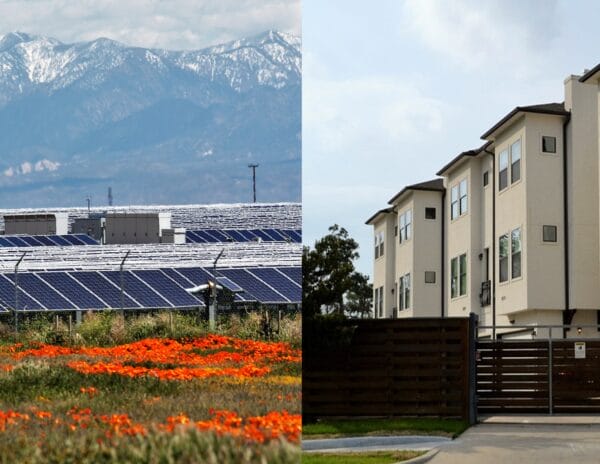
We also discuss the issue of housing advocacy and protection of neighborhoods and promotion of a sustainable form of urbanism. Do environmental regulations that encourage – or even mandate – public participation for environmental justice the problem in preventing us from building a better society with Housing and Clean Energy for all?
“Proposals for broad permitting reform risk weakening protections for environmental justice communities and sacred tribal lands.” — Dustin Mulvaney
Dustin Mulvaney is a Professor in the Environmental Studies Department at San José State University and a Fellow with the Payne Institute for Public Policy at the Colorado School of Mines. His research includes work on just transitions, solar energy commodity chains, and natural resource development. He is the author of Solar Power: Innovation, Sustainability, Environmental Justice published by the University California Press in 2019, and Sustainable Energy Transition: Socio-Ecological Dimensions of Decarbonization out with Palgrave-MacMillan in 2020.
Lydia Poncé is an Indigenous Activist, Water Protector, co-founder of Idle No More SoCal and Coordinator of Earth Justice. She hosts a show called Be a Better Relative, Tuesdays on KPFK Los Angeles.
Jack Eidt is an urban planner, environmental journalist, and climate organizer, as well as award-winning fiction writer. He is Co-Founder SoCal 350 Climate Action and Executive Producer of EcoJustice Radio. He is also Founder and Publisher of WilderUtopia, a website dedicated to the question of Earth sustainability, finding society-level solutions to environmental, community, economic, transportation and energy needs.
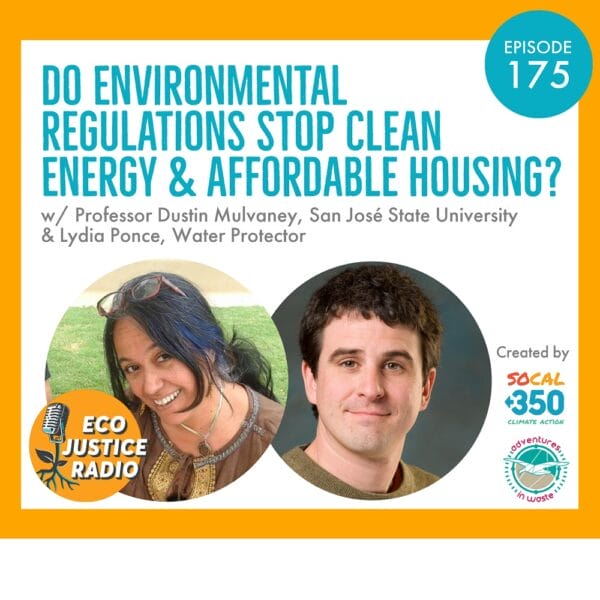
For an extended interview and other benefits, become an EcoJustice Radio patron at https://www.patreon.com/ecojusticeradio
Podcast Website: http://ecojusticeradio.org/
Podcast Blog: https://www.wilderutopia.com/category/ecojustice-radio/
Support the Podcast: Patreon https://www.patreon.com/ecojusticeradio
PayPal https://www.paypal.com/donate/EcoJusticeRadio
Executive Producer and Host: Jack Eidt
Engineer and Original Music: Blake Quake Beats
Episode 172
Published 15 May 2023, Updated 5 January 2025

